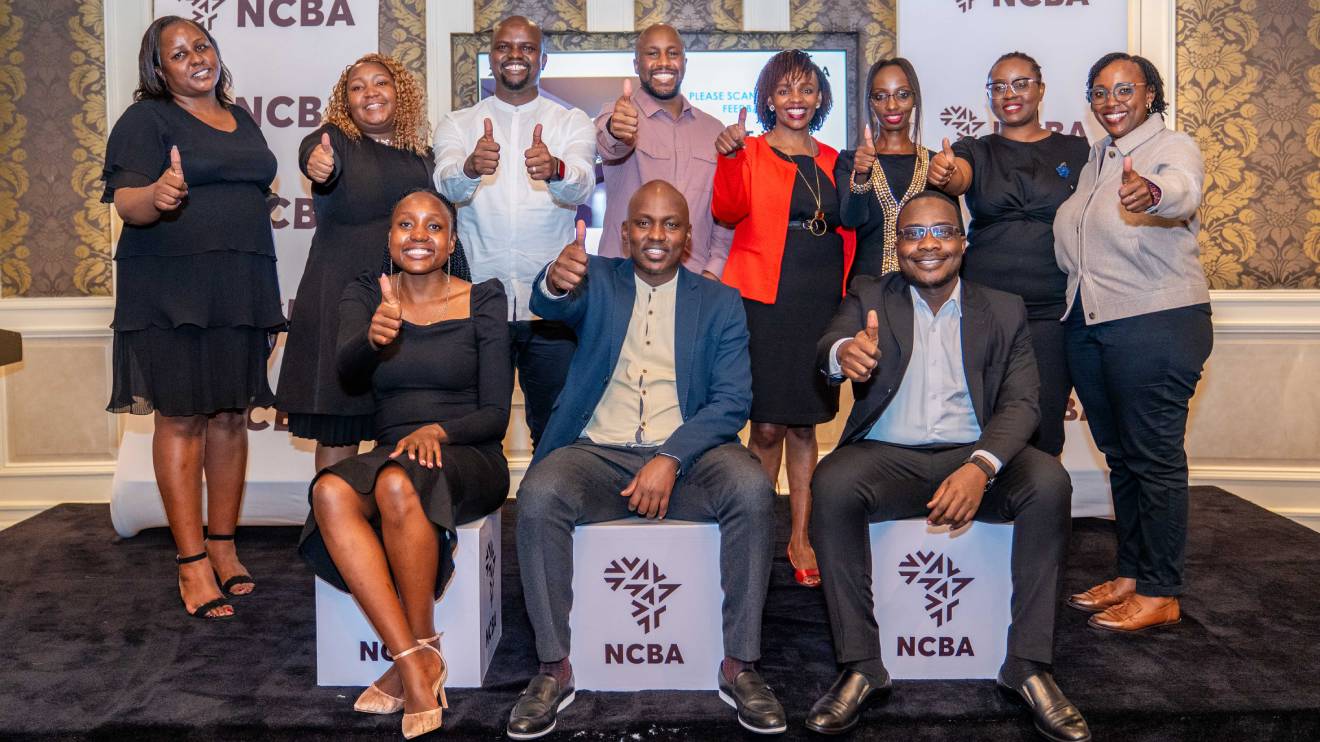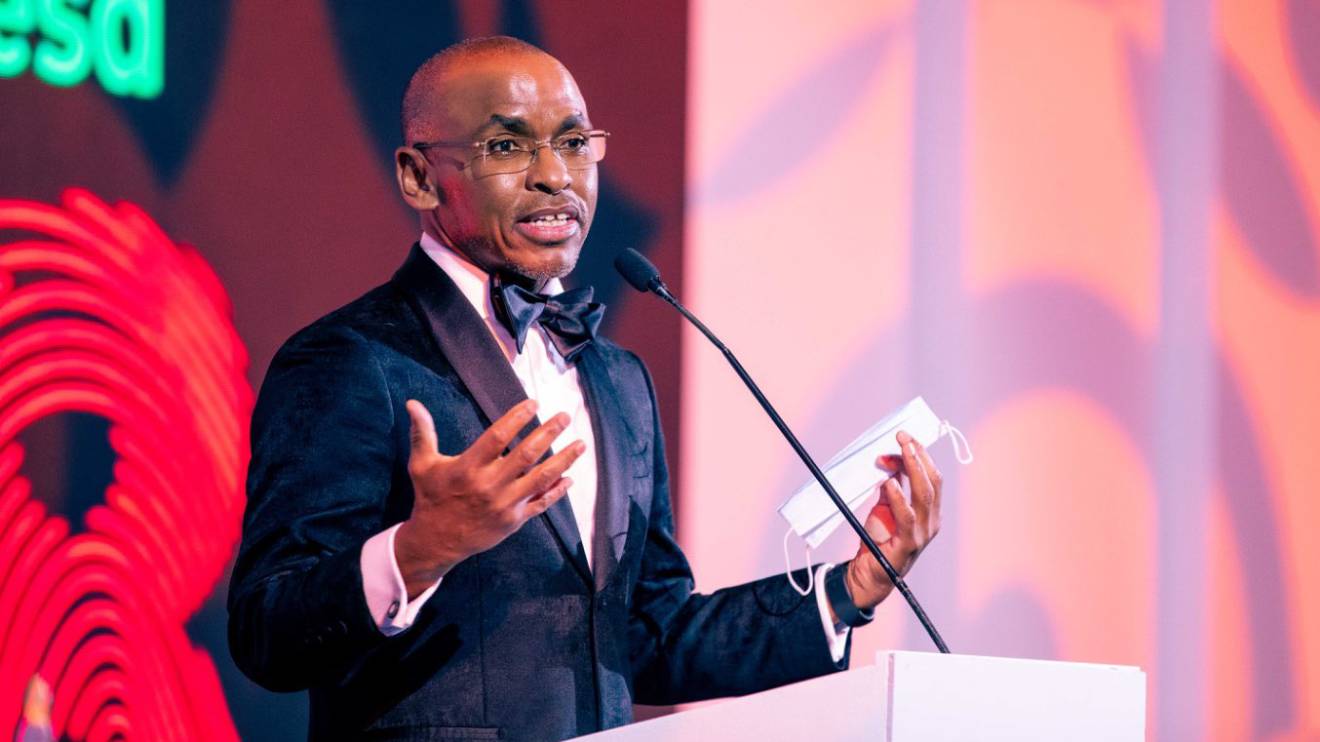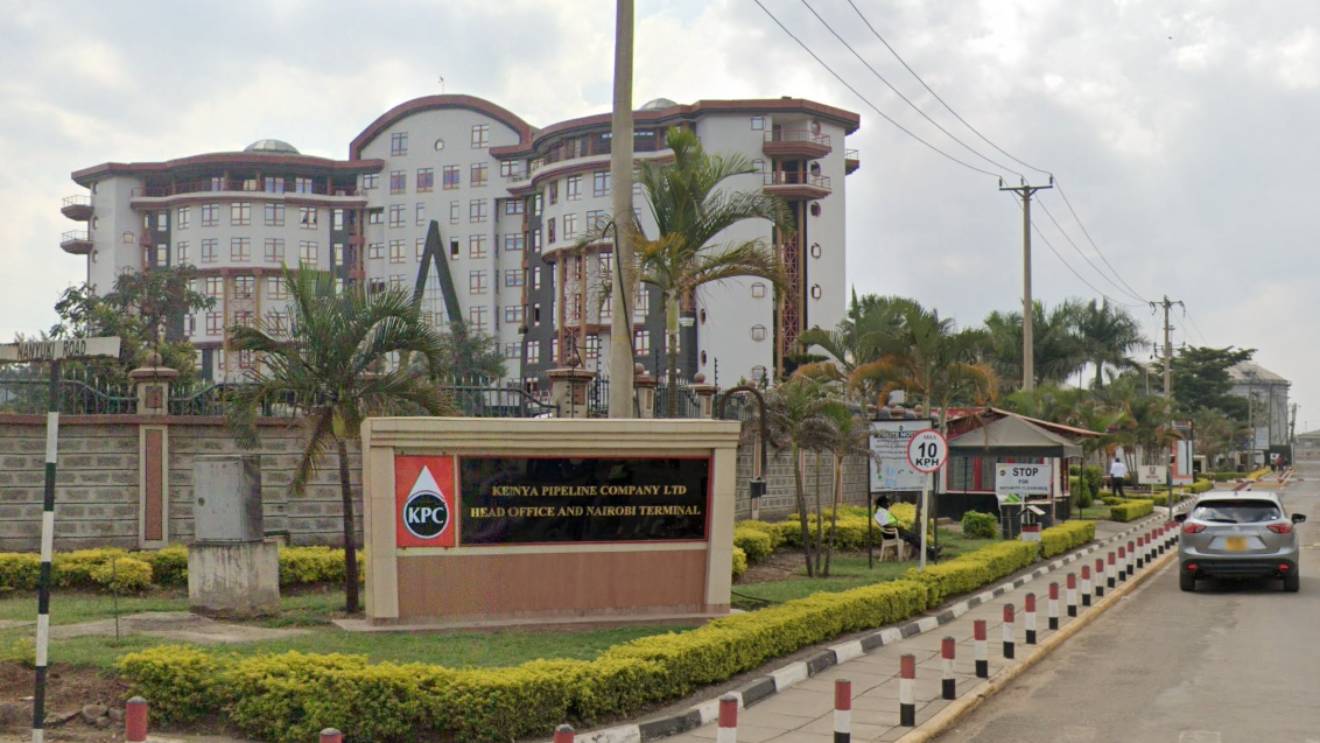During the launch of its 2024 Sustainability and Climate Report in early August 2025, Absa Bank Kenya unveiled Kenya’s first Eco-Home Loan, offering up to 110 per cent financing to help customers build or upgrade homes with energy-efficient and climate-resilient features.
The game-changing Eco-Home Loan is more than just another mortgage product, it is the financial institution's signal that the future of housing in Kenya must be greener, smarter, and more sustainable.
At its heart, the loan is designed to enable Kenyans to construct or buy homes that not only provide shelter but also save energy, conserve water, and reduce long-term costs.
Green Haven
With the Absa Bank Kenya Eco-Home Loan, homeowners can now finally move beyond traditional construction, as the financing covers eco-friendly features such as:
Read More
• Solar panels for clean energy,
• Rainwater harvesting systems for reliable water supply,
• Energy-efficient lighting and insulation, and
• Wastewater recycling options for sustainable living.
These investments make homes environmentally friendly and also lower utility bills over time helping homeowners to save significantly on electricity and water costs, while reducing their carbon footprint.
Smarter, Greener Future
Recent data show that Kenya is urbanising very fast, but the growth has often come at the expense of sustainability and Absa Bank Kenya’s Eco-Home Loan seeks to flip that script.
By making green housing affordable and accessible, the bank is according families across the country the opportunity to future-proof their homes.
“Sustainability is no longer an option but a necessity,” said Absa Bank Kenya CEO Abdi Mohamed during the recent launch of the bank’s Sustainability Report 2024.
He added: “Through solutions like the Eco-Home Loan, we are empowering customers to embrace responsible living while securing long-term value.”
How to Apply
Applying for the Eco-Home Loan is pretty straightforward as a customer can just walk into any Absa branch or apply digitally.
The application process involves:
1. Consultation – Absa advisors guide customers through financing options, tailored to their project.
2. Assessment – Evaluation of building plans to ensure green features are included.
3. Financing Approval – Loan approval with flexible repayment terms.
4. Project Support – Ongoing advice during construction to ensure the home meets eco-standards.
End-to-End Support
One standout feature of the Eco-Home Loan is Absa’s customer-first approach which sees the bank walk with the homeowners every step of the way, and not just lending the money.
Absa provides technical guidance and financial support to the homeowners from application to construction and even post-completion of the project to lessen the headache for them.
“Our role is to ensure customers don’t just access financing but succeed in completing homes that meet global sustainability standards,” noted Absa Bank Kenya’s Head of Sustainability Charles Wokabi.
Absa Sustainability Agenda
This loan is part of Absa Bank Kenya’s broader sustainability agenda, which prioritizes environmental conservation, social impact, and responsible governance.
During the launch of the 2024 Sustainability Report, Absa Bank Kenya Chief Financial Officer
(CFO) Yusuf Omari underscored the financial case for green housing:
“By embedding sustainability into our lending, we are not only helping customers cut costs but also ensuring long-term economic resilience,” said Omari.
He added: “Sustainable homes are an investment that pays off for families and for the planet.”
Absa Bank Kenya committed a whopping Sh47 billion in sustainable finance in 2024, with Kenya positioned as a key growth hub for sustainable housing and climate-smart financing.
Why Does It Matter?
Kenya is facing rising energy costs, water shortages, and climate pressures which the traditional housing solutions have been unable to keep up with.
With the Eco-Home Loan, Absa Bank Kenya is giving homeowners a practical way to construct for today while safeguarding tomorrow.
For Absa, this is not just good business, but part of a responsibility to finance the future differently, one eco-home at a time.

 (1)-1755468548.jpg)





